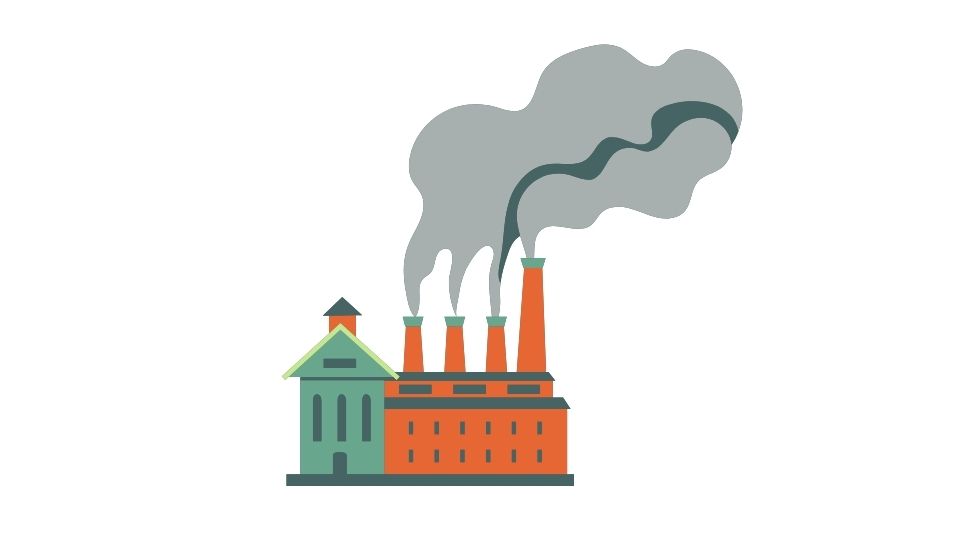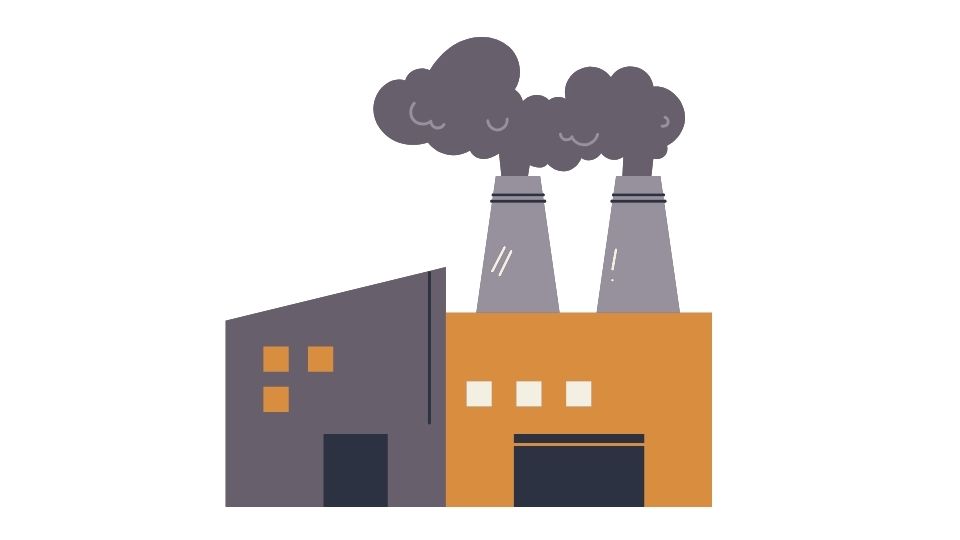The energy world is changing fast. You’ve probably heard the doom and gloom about oil and gas careers, but is the industry really dying in 2025? Not exactly.
While some traditional jobs are disappearing, new opportunities are emerging for those willing to adapt. Let’s dig into whether petroleum production remains a smart career move—without the hype or fear-mongering.
Is Oil and Gas Production Still a Good Career Path in 2025?
The short answer: It depends on your skills, where you live, and how willing you are to evolve with the industry.
Let’s break down what’s actually happening in the field right now, and what it means for your career prospects.
The Job Market: A Tale of Two Industries

The employment picture for oil and gas is complicated.
Some regions are booming while others are struggling. In the U.S., places like Texas, North Dakota, and Pennsylvania are still creating jobs thanks to pro-drilling policies and America’s push for energy independence. Meanwhile, European countries are more focused on cutting emissions while still maintaining energy security.
If you’re open to going international, emerging markets like India, Brazil, Nigeria, and the UAE are expanding their energy production, creating opportunities for professionals willing to relocate.
But there’s no denying the industry is changing:
- Major companies like Chevron and BP have cut up to 20% of their workforce in some areas
- Mergers and acquisitions are reshaping the employment landscape
- Competition for remaining roles is intensifying
For core roles like petroleum engineering, growth projections are modest but stable—about 2% from 2023 to 2033. Not explosive growth, but not disappearing either.
The good news? Salaries remain impressively high, with median wages over $140,000 for petroleum engineers. The industry still needs technical expertise and is willing to pay for it.
Tech Revolution: Not Your Grandfather’s Oil Field
If you think oil and gas is just about drilling holes in the ground, think again.
The industry is undergoing a massive technological transformation. Companies are embracing:
- AI and machine learning for predictive maintenance
- Remote operations and digital twin technology
- Advanced data analytics and automation
- Cybersecurity for critical infrastructure
This shift means workers who can combine traditional petroleum knowledge with tech skills are increasingly valuable in the modern energy landscape. Traditional roles aren’t disappearing—they’re evolving.
For example, today’s petroleum engineer might spend as much time analyzing data models as visiting well sites. Field technicians now often work with tablets and drones rather than just wrenches and pipes.
The Energy Transition: Threat or Opportunity?

Here’s where it gets interesting.
The global push toward cleaner energy isn’t necessarily killing oil and gas jobs—it’s creating new specialties within the sector:
- Hydrogen production and infrastructure
- Carbon capture, utilization, and storage (CCUS)
- Geothermal energy development
- Low-carbon fuel technologies
Smart professionals are cross-training in these areas to future-proof their careers. The skills that make someone a good petroleum engineer or geologist are often transferable to these emerging fields.
Companies are also looking for people who can help them navigate the complex world of ESG (Environmental, Social, and Governance) requirements and sustainability reporting.
Show Me the Money: Compensation Trends
Despite market volatility, compensation in oil and gas has held steady or seen modest increases in 2024-2025.
Companies are walking a tightrope—controlling costs while still needing to attract and retain top talent. This has resulted in:
- Competitive base salaries
- Performance-based bonuses
- Enhanced benefits packages
- Retention incentives for critical roles
The boom-and-bust cycles of the past have taught the industry some lessons about talent management. Many companies now focus on maintaining a stable core workforce rather than massive hiring and firing waves.
Top Oil and Gas Production Careers in 2025

If you’re considering this field, here are some of the most promising roles:
1. Petroleum Engineer
Still a cornerstone profession, now incorporating more digital skills and sustainability considerations.
2. Drilling Engineer
Focused on maximizing efficiency and minimizing environmental impact with new drilling technologies.
3. Reservoir Engineer
Using advanced modeling and simulation to optimize production and reduce waste.
4. Production Engineer
Ensuring systems run efficiently and safely while meeting environmental standards.
5. Field Technician
Now using digital tools and remote monitoring alongside traditional maintenance skills.
Most of these roles require at least a bachelor’s degree in engineering or a related field, and your prospects improve dramatically with experience and adaptability to new technologies.
The Real Challenges to Consider
Let’s be honest—this industry isn’t without its downsides.
External factors like geopolitical tensions, economic slowdowns, and environmental regulations all affect job security. The 2025 economic downturn has had uneven impacts across the sector.
Less skilled workers or those unwilling to adapt to new technologies face the greatest job insecurity. And the public perception of working in fossil fuels can be challenging in some social circles.
But here’s the truth: energy is essential to modern life, and the transition to renewables will take decades, not years. During that time, oil and gas will remain critical to the global economy.
So Is It a Good Career Path? My Take

If you’re asking whether to pursue oil and gas in 2025, here’s my honest assessment:
Yes, for those who:
- Have strong technical backgrounds in engineering or related fields
- Are willing to continuously learn and adapt to new technologies
- Can be flexible about location and possibly work internationally
- Are interested in being part of the energy transition from within
Probably not, for those who:
- Want absolute job security (does that even exist anymore?)
- Aren’t comfortable with digital transformation
- Prefer static career paths with minimal change
- Are unwilling to engage with sustainability challenges
The most successful professionals in today’s oil and gas industry are those who see themselves as energy professionals first and oil and gas workers second. They’re positioning themselves at the intersection of traditional production and new energy solutions.
In other words, don’t think of it as a dying industry—think of it as an evolving one, with both risks and opportunities for those smart enough to navigate the changes.




